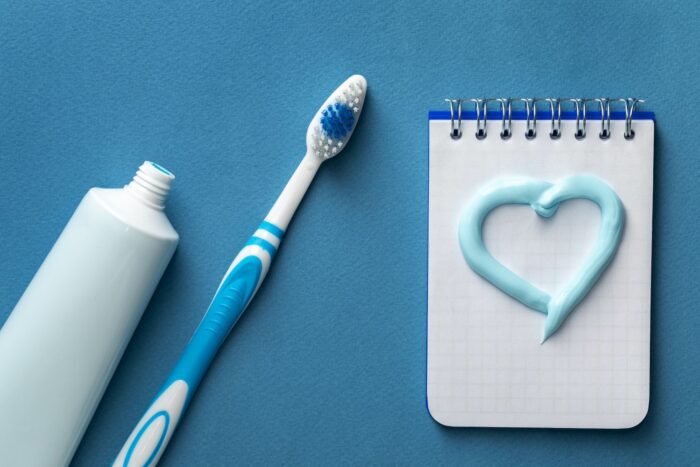Oral hygiene refers to the practice of keeping your mouth clean to ensure your smile looks and feels its best. This involves brushing your teeth at least twice each day, both morning and evening, and flossing on a daily basis.
These actions remove plaque, a film that naturally forms on the surface of the teeth, and other residues including food particles from your smile. If left on your smile, this build-up could weaken your teeth and put you in danger of cavities, gum disease, and other dental issues.
You should adhere to a consistent oral hygiene regimen to maintain good oral health. But the tools you use for this process will play a major role in your oral cleanliness as well. Read on to learn details about how to choose the best oral hygiene products to keep your smile clean and healthy.

Choose a Reliable Toothbrush
A toothbrush consists of a long handle with bristles attached to the head. You use these bristles to scrub away residues from your teeth. When looking for a toothbrush, choose one with an easy-to-grip handle and soft bristles.
A soft-bristled toothbrush will effectively clean your teeth without irritating your gums or your tooth enamel. Hard toothbrush bristles will not do a better job of cleaning your smile, but they could definitely cause dental damage.
You may also benefit from an electric toothbrush, which can fine-tune your brushing technique automatically. While this toothbrush costs more than a traditional manual one, you can have a better-quality cleaning which can keep your smile healthier.
Look for High-Quality Toothpaste
Toothpaste is a gel-like product that you apply to toothbrush bristles to improve the scrubbing capability during your oral hygiene routine. The paste contains abrasive agents which can help to get rid of more stubborn surface stains and build-up on your teeth than just using bristles alone.
When selecting a toothpaste brand, look for an ADA seal so that you can trust the product works as advertised. You may also want to choose a toothpaste that contains fluoride. This mineral absorbs into your teeth to strengthen enamel, making you better able to fight cavities.
Consider Your Flossing Options
Flossing is just as important to oral hygiene and preventive care as brushing your teeth. You can use traditional string floss to clear away harmful build-up between your teeth that a toothbrush cannot properly reach.
You can also look into alternative flossing tools, although string floss works effectively. A floss pick features string floss attached to a plastic handle. This makes for easier maneuvering through your mouth, especially if you have oral appliances like braces.
A water flosser is a device that generates a stream of water that you can aim to clean between your teeth. You can swap the tip of this flosser for improved cleaning in the gum pockets or near dental implants.
Try Rinsing with Mouthwash
Many people can benefit from rinsing with mouthwash, a solution that allows you to wash away bits of food and other particles that can contribute to plaque formation. It can boost oral cleanliness after a meal, but it will also complement your oral hygiene regimen.
You may want to look into an antibacterial mouthwash that will balance oral bacteria to better prevent gum disease. Ask your dentist if mouthwash will suit your oral hygiene routine.
